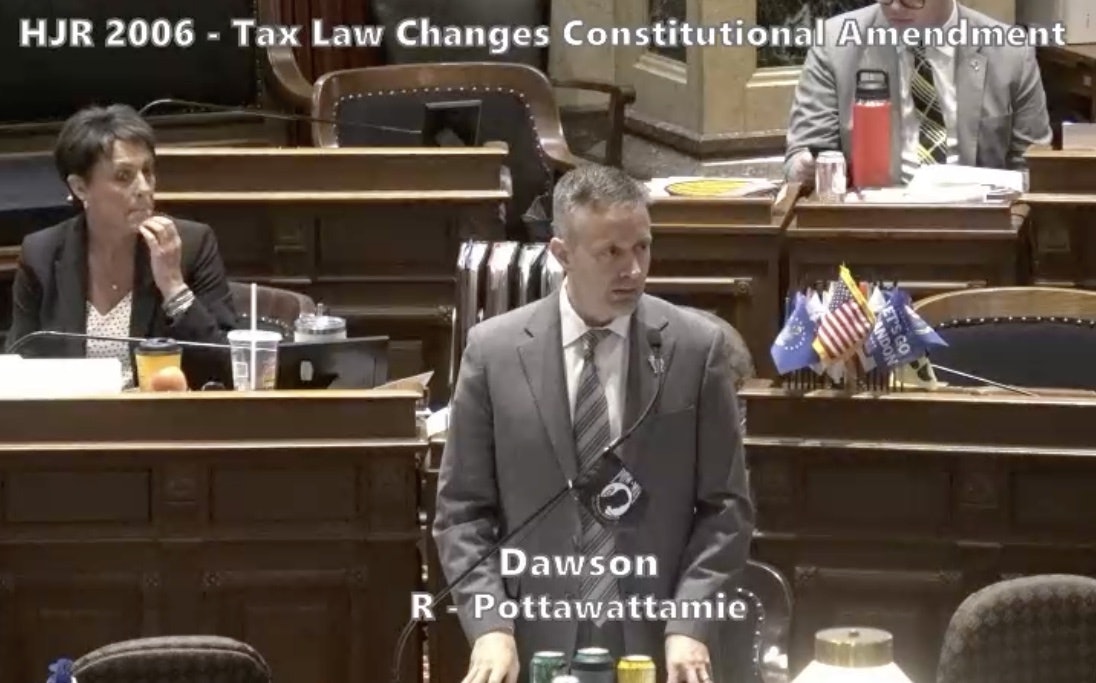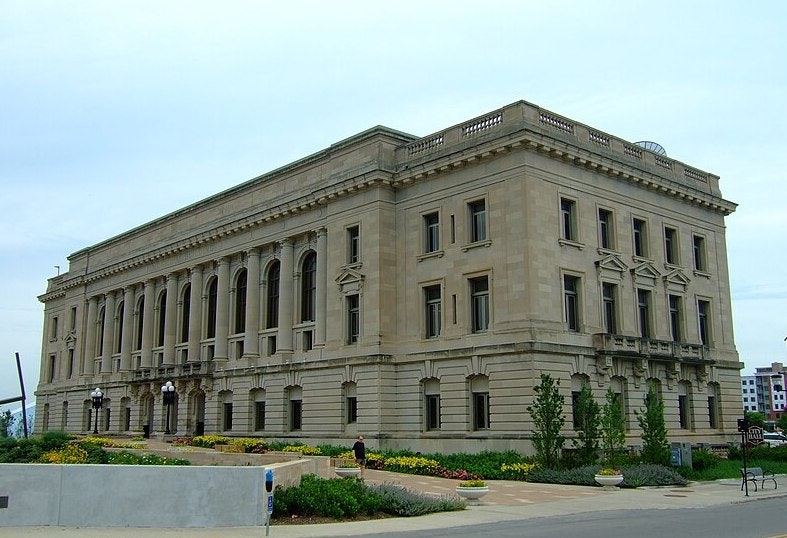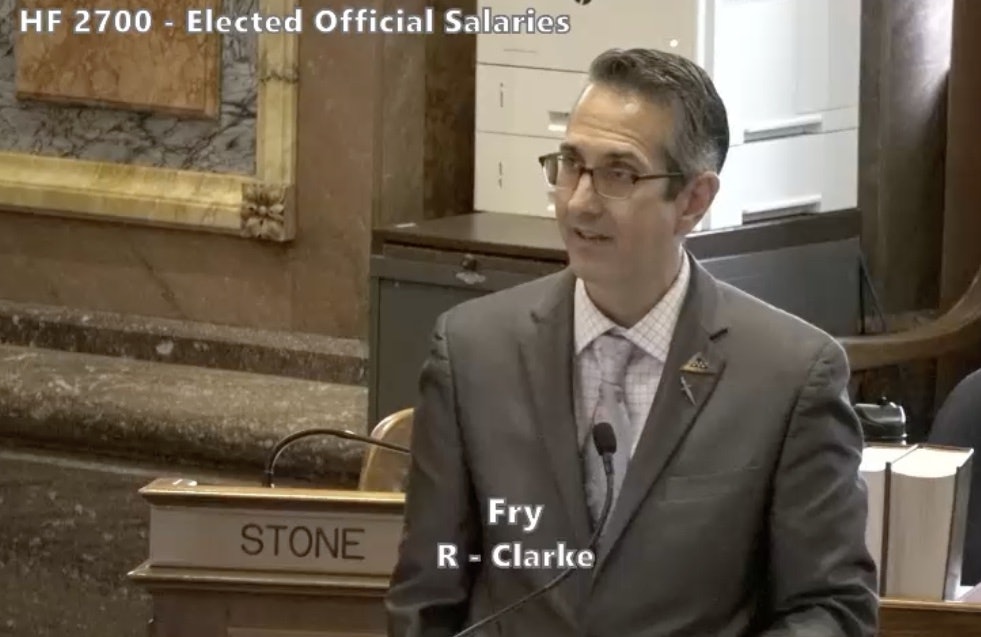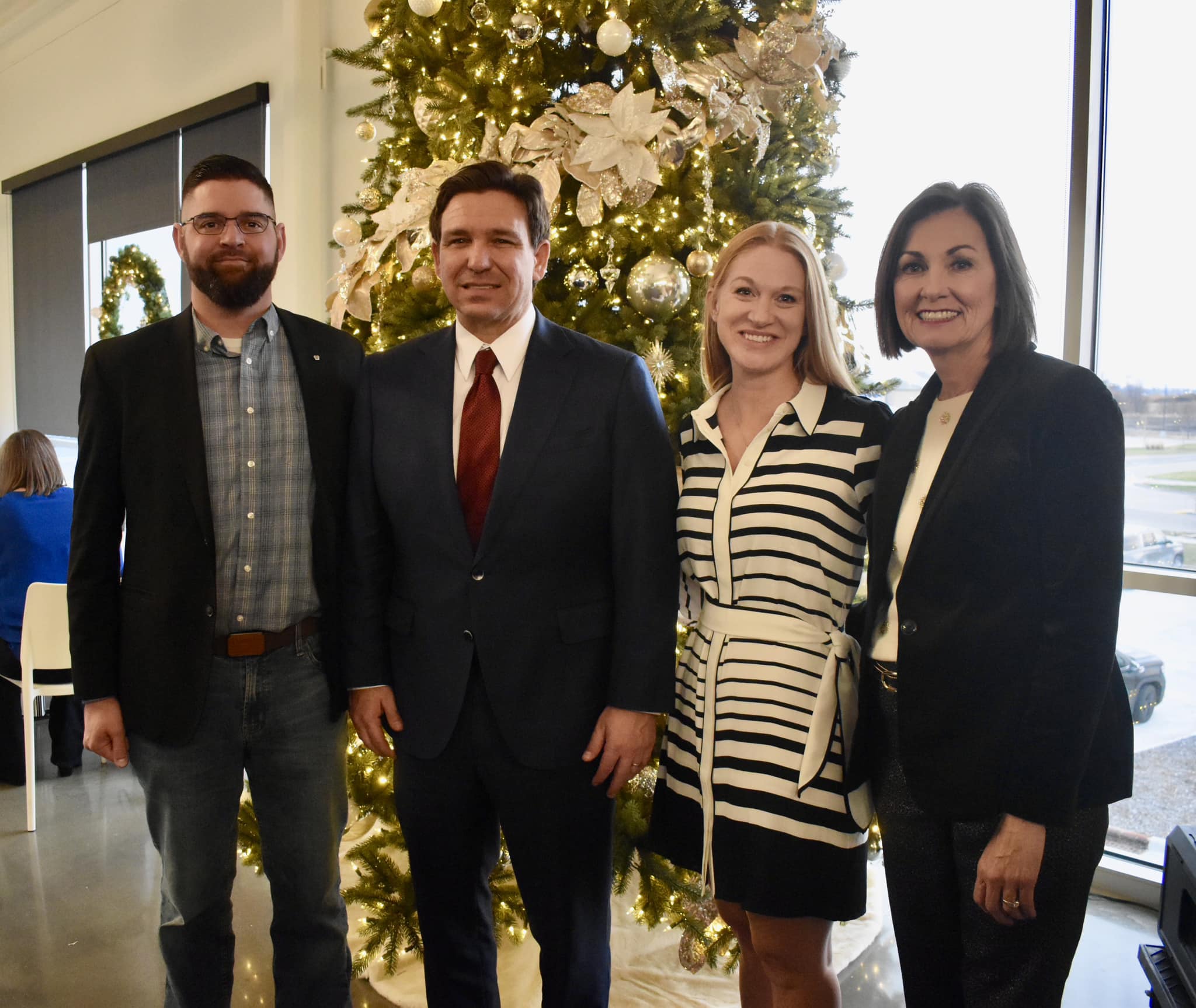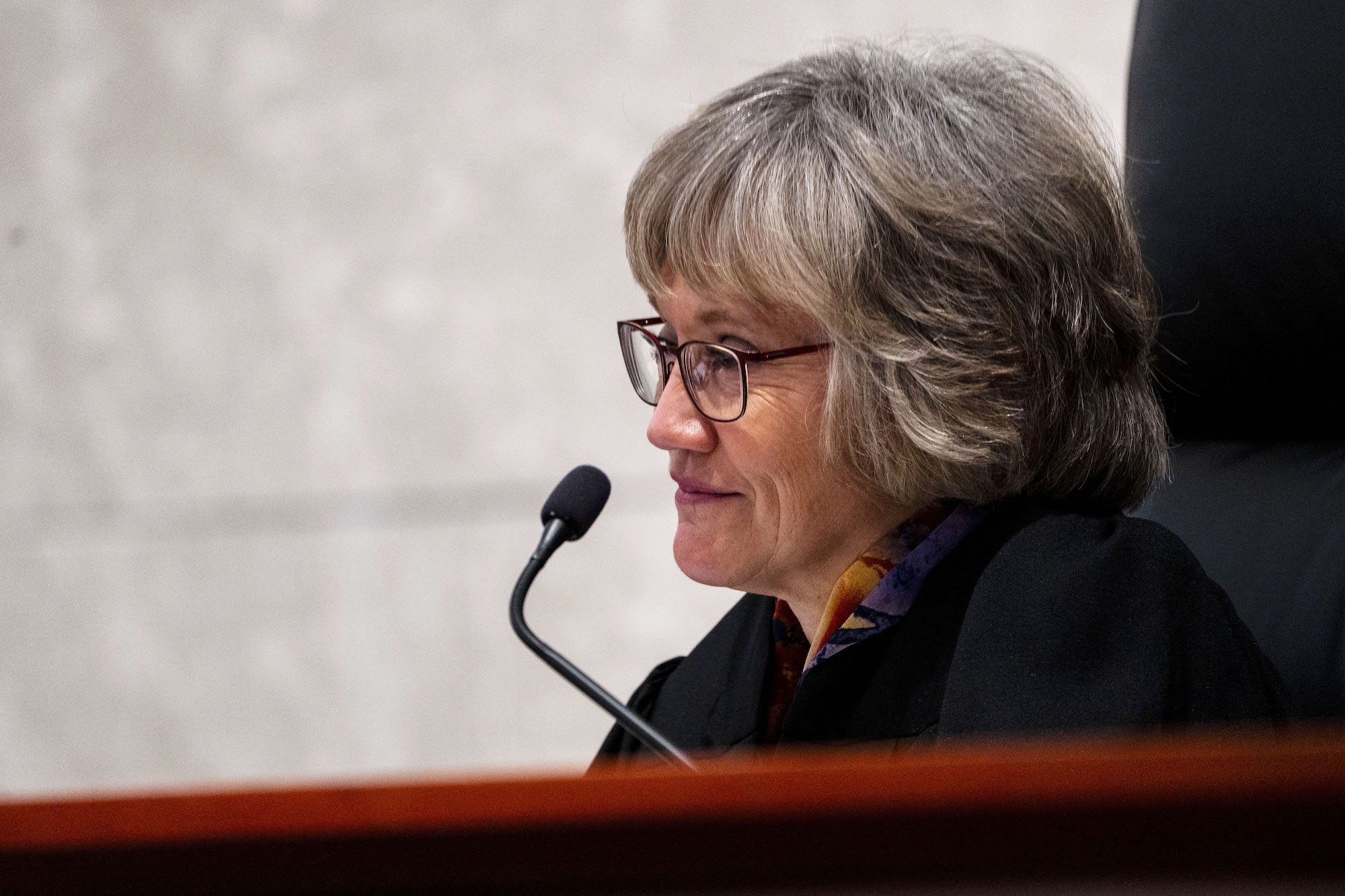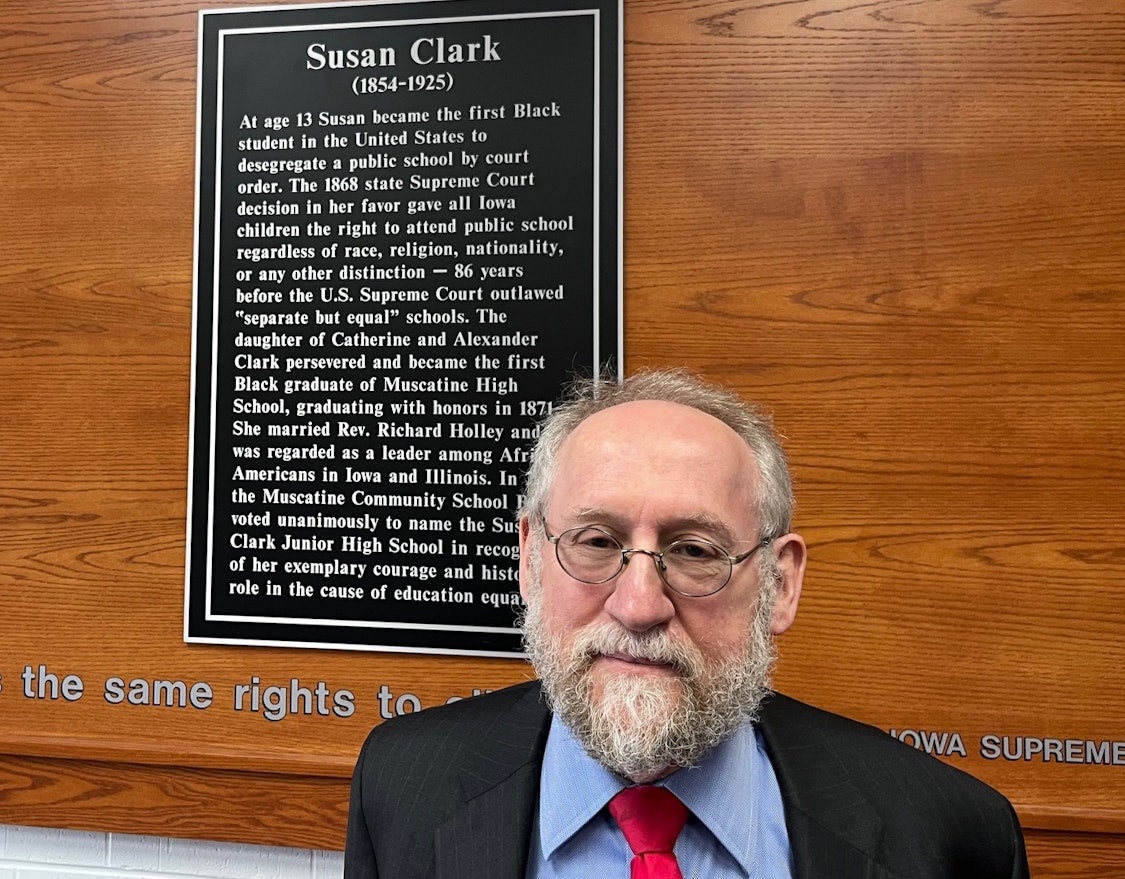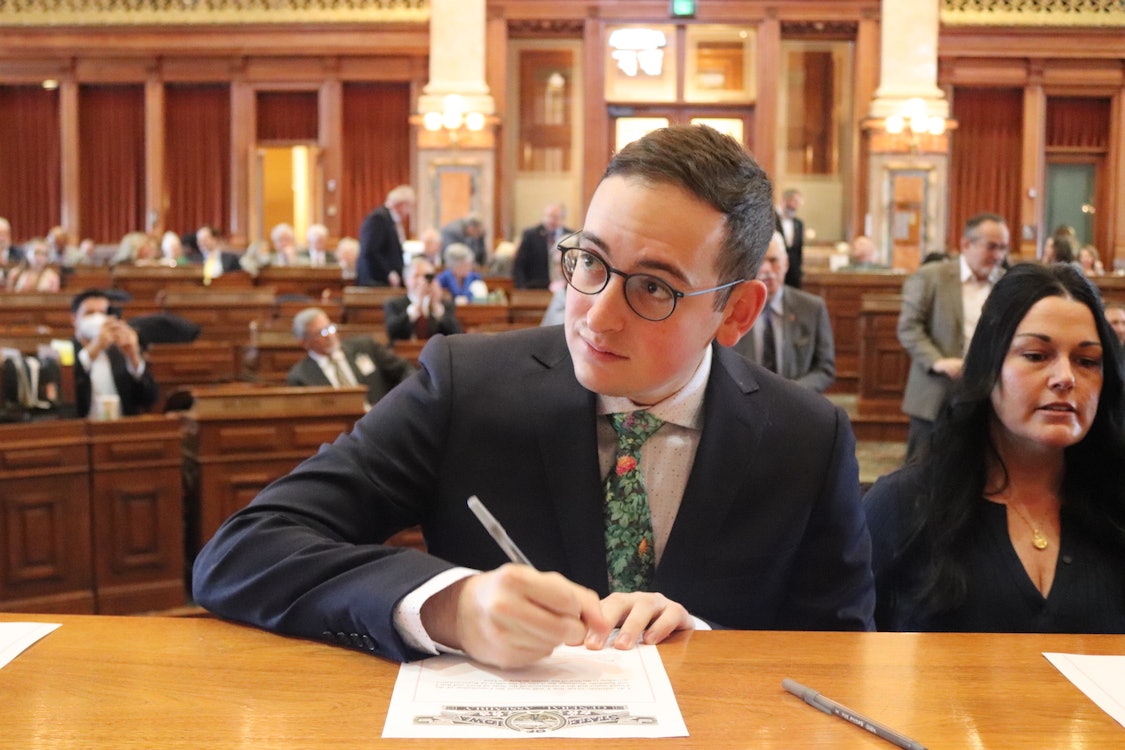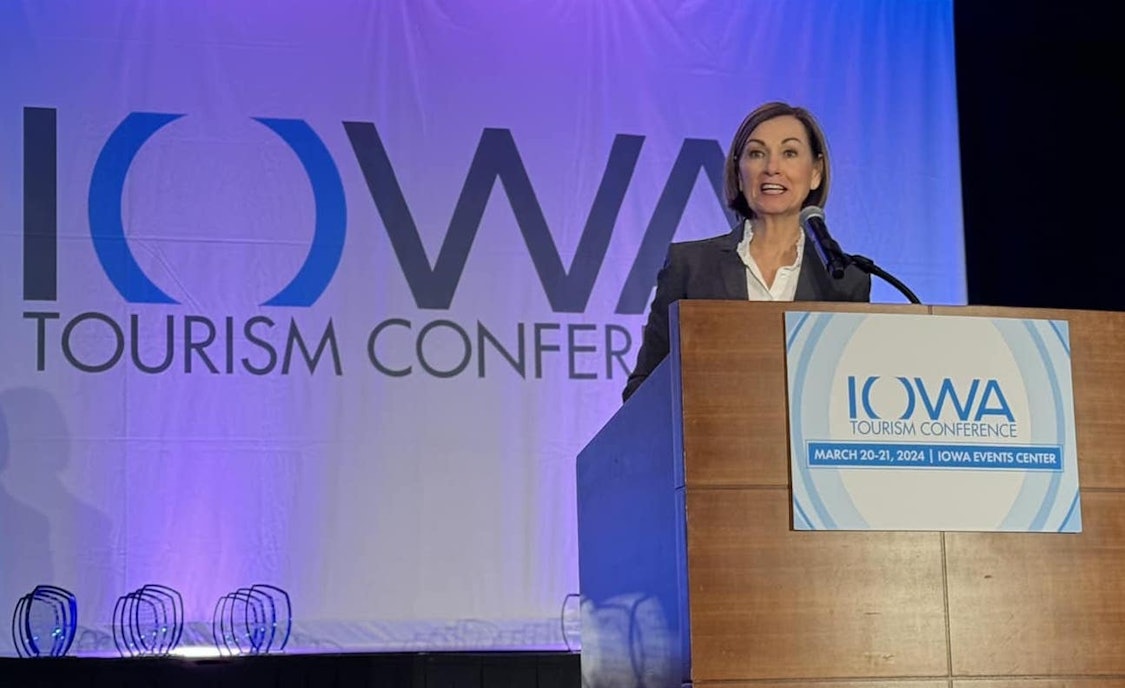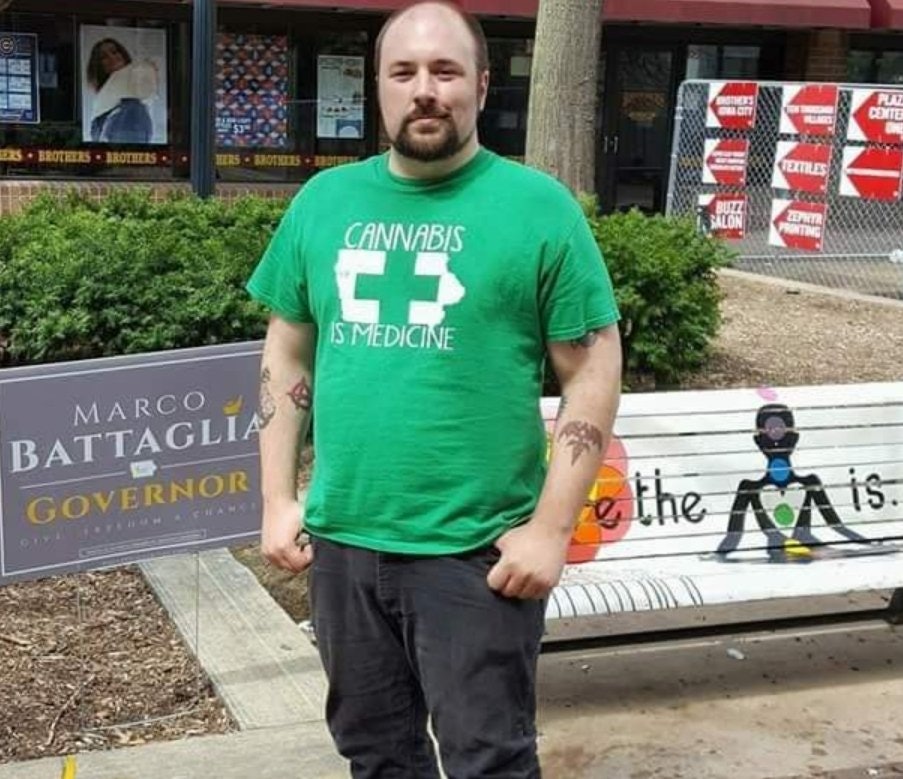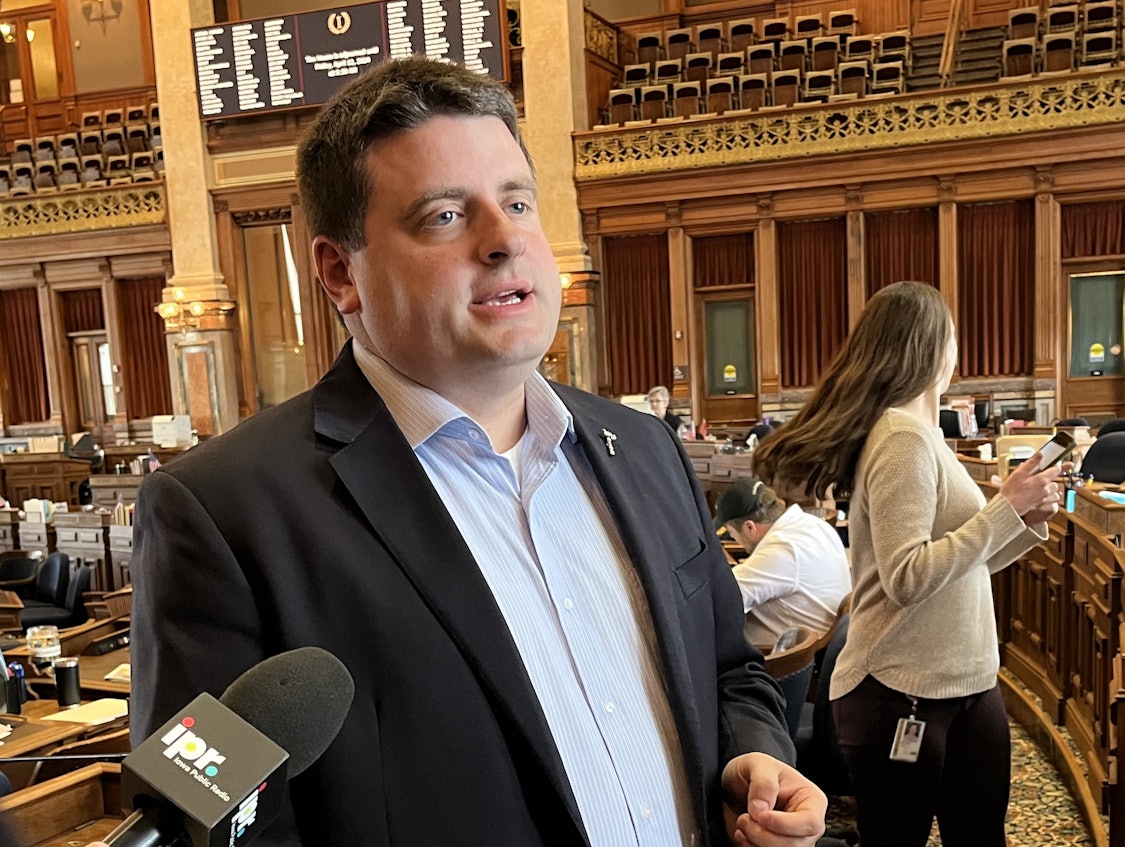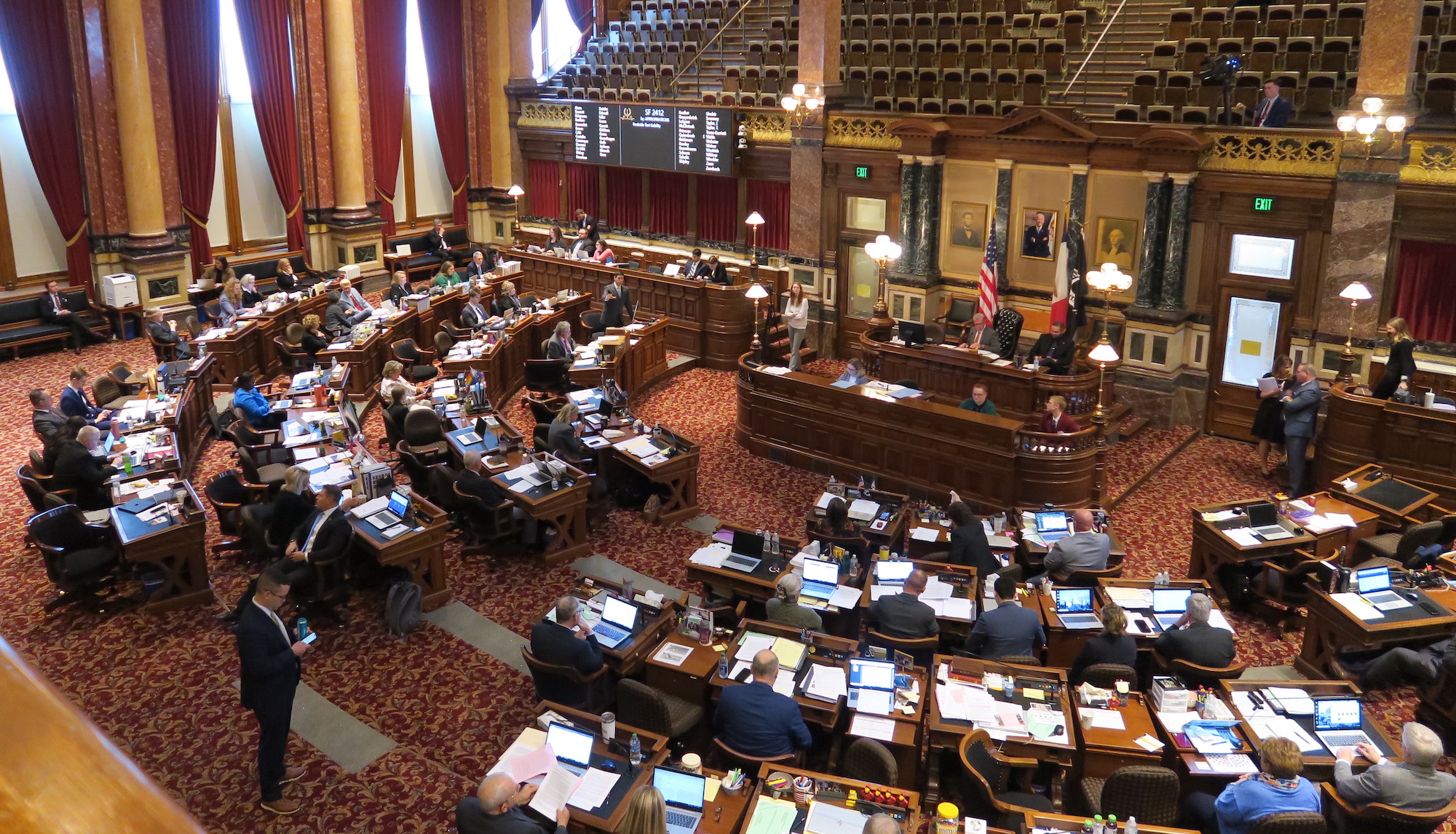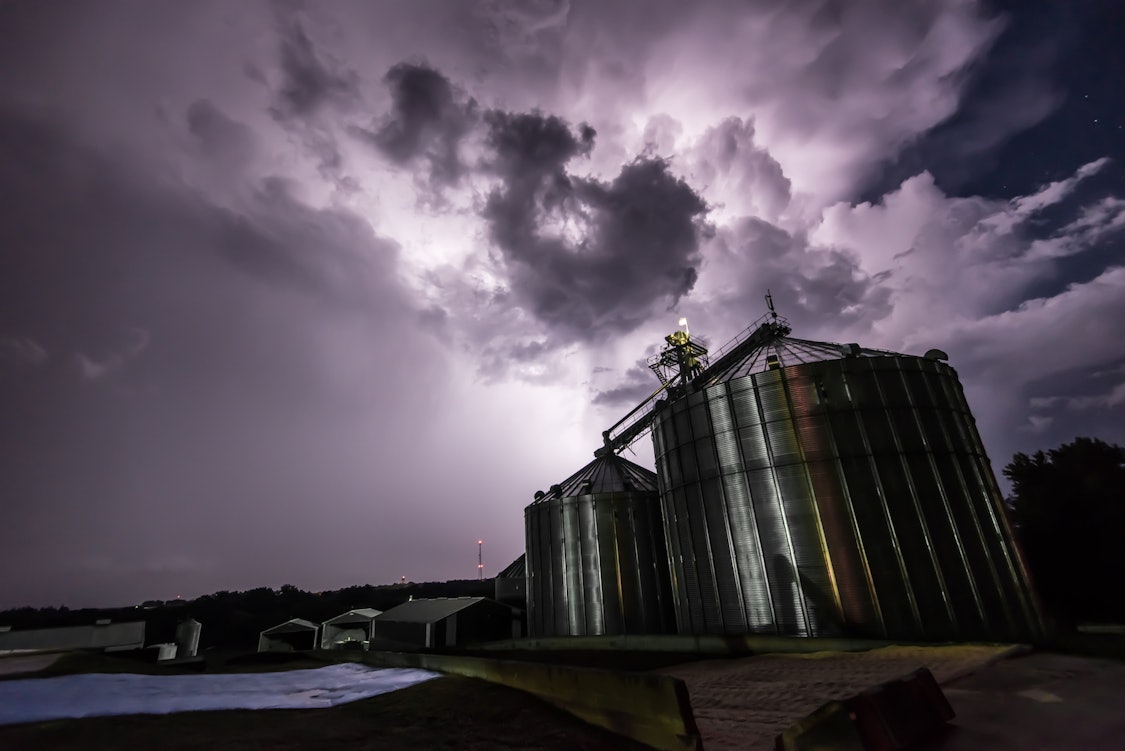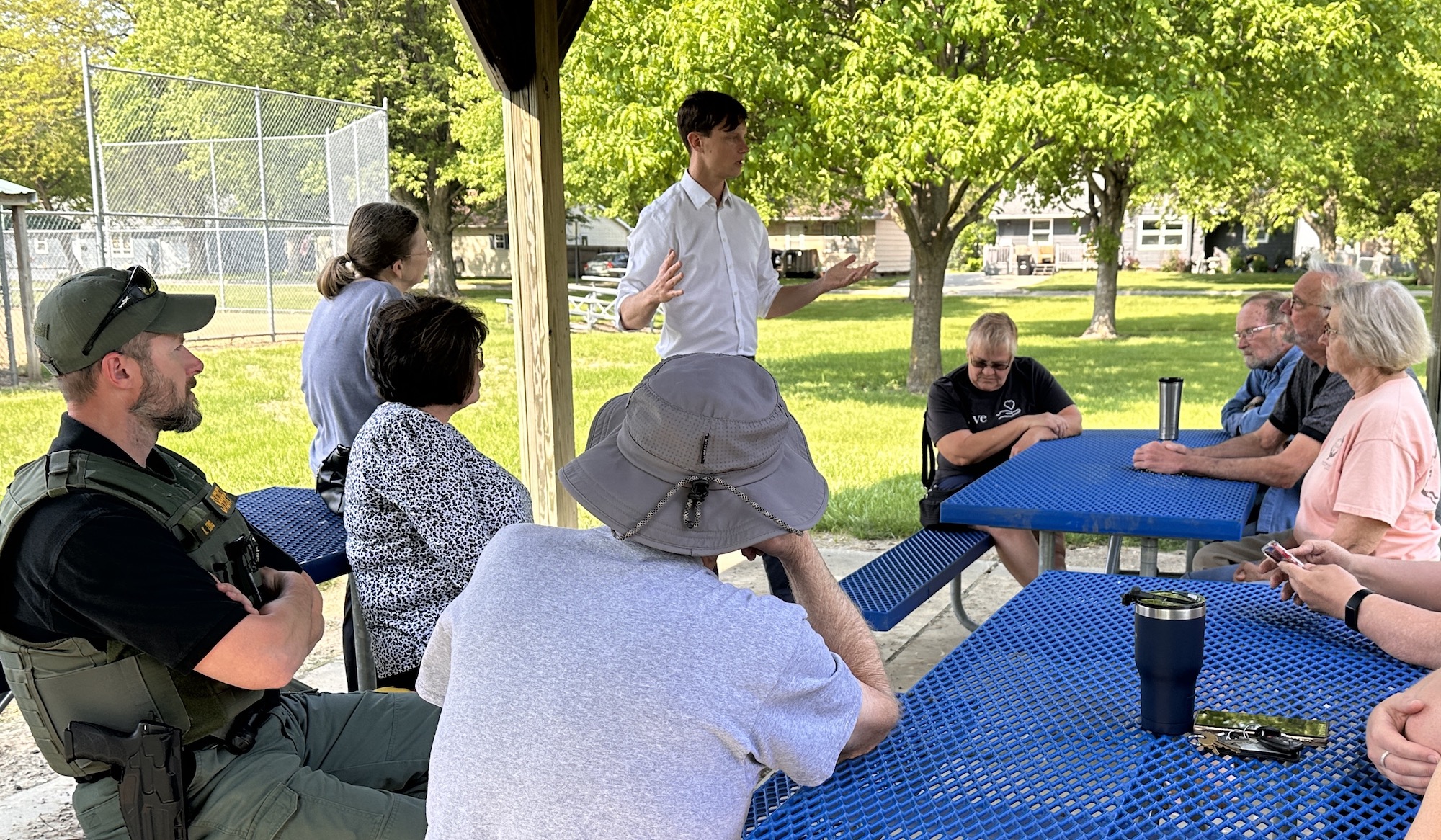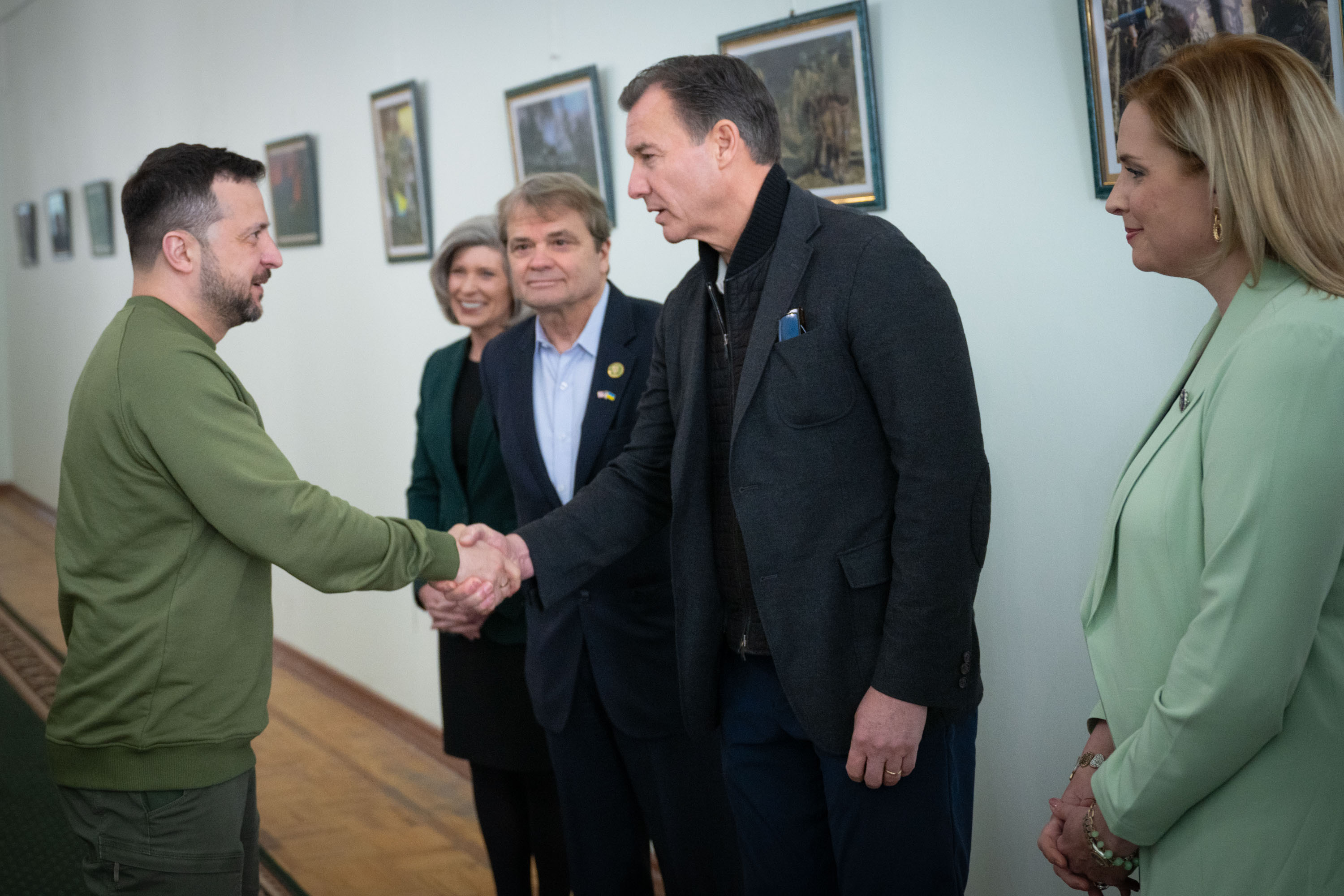
State Representative Ken Croken is a Democrat representing Iowa House district 97.
During my time in the Iowa legislature, I’ve learned that voters want a compassionate representative who will fight for them. That’s why I am proud to support Melissa Vine for Iowa’s third Congressional District.
Melissa’s commitment to Iowa’s working families mirrors the priorities I’ve advocated for through my public service. Her connection to the needs of Iowans isn’t just about policies: it’s personal. As the Executive Director of The Beacon, a facility and programming for women recovering from trauma, she has first-hand experience with the daily struggles many Iowans face in our state. This deep-rooted connection to our community distinguishes her as a candidate.
Continue Reading...
